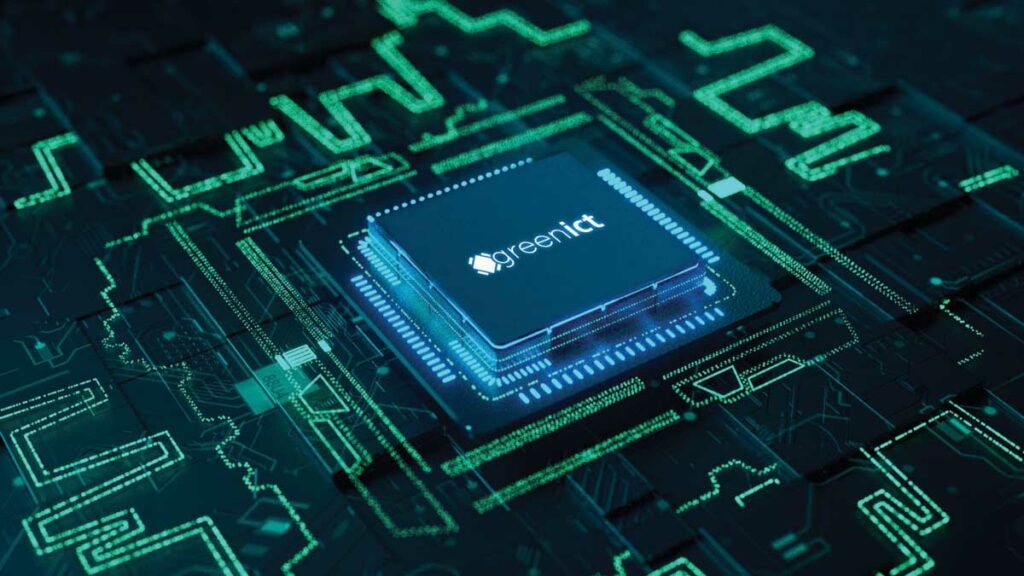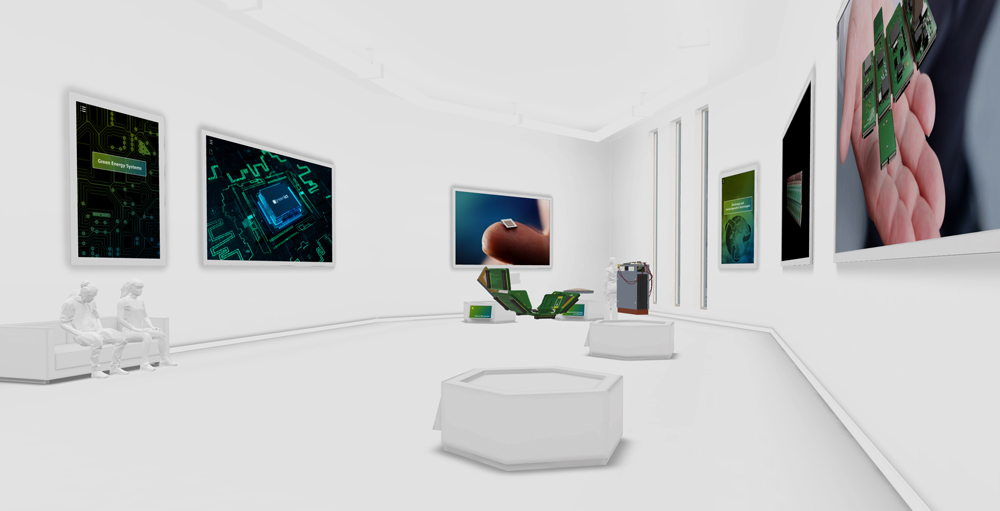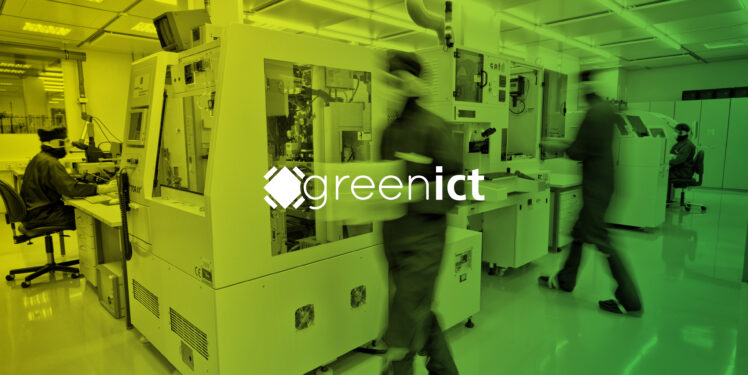The Research Fab Microelectronics Germany (FMD for its acronym in German) has established the "Green ICT @ FMD" competence center to implement the German government's Green ICT mission. The aim is to promote the ecologically sustainable development of ICT based on FMD services, structures, and expertise for application-oriented research in microelectronics.
Sustainability in digitalization is an essential building block for achieving climate protection goals. We are already starting with electronics for information and communication technology. With the competence center "Green ICT @ FMD", we are creating a single entry point for sustainable electronics. The center of excellence at Forschungsfabrik Mikroelektronik Deutschland is at the heart of our Green ICT initiative. With it, we are strengthening climate protection and our competitiveness.(*Free translation from the original in German)
Former Federal Minister of Education and Research Bettina Stark-Watzinger

Green ICT Hubs as a first point of contact
FMD's expertise in green microelectronics is bundled into three technological core projects, the Green ICT Hubs. In the research overview, you can find the focus of the hubs:
- Sensor edge cloud systems
- Energy-saving communication infrastructures
- Resource-optimized electronics production
The hubs enable project partners from industry and research to carry out evaluations and, if necessary, optimize systems and subsystems, demonstrators, and prototypes in dedicated test beds to meet the specific requirements for environmentally sustainable products.Furthermore, in cooperation with industry partners, we are implementing validation projects in which the processes developed in the hubs are performed on concrete case example projects. The acquired insights will be used to set up a system model for ecological assessment.
Ensuring a skilled workforce, attracting young talent and supporting start-ups
The scope of the Competence Center's work is not restricted to technological research but attempts to initiate a paradigm shift. This includes the following accompanying measures:
- The Green ICT Camp inspires, raises awareness, and brings together new generations of students in green and safe microelectronics.
- Further education offers for professionals provide in-depth specialized training for highly demanded experts in both research and industry.
- We encourage the early involvement of start ups and SMEs in the development of resource-efficient products, including the definition of suitable development trajectories.
Increasing digitalization represents both an opportunity and a challenge for climate protection and resource conservation. While intelligent control of devices, systems, processes, and networks significantly contributes to saving energy in many areas, the progressive spread of information and communication technology (ICT) continues to increase the consumption of energy and resources. To reduce the environmental impact, considerable change is also necessary in microelectronics and power electronics - both in design and manufacturing.
Visit our 3D showroom - experience Green ICT virtually!




